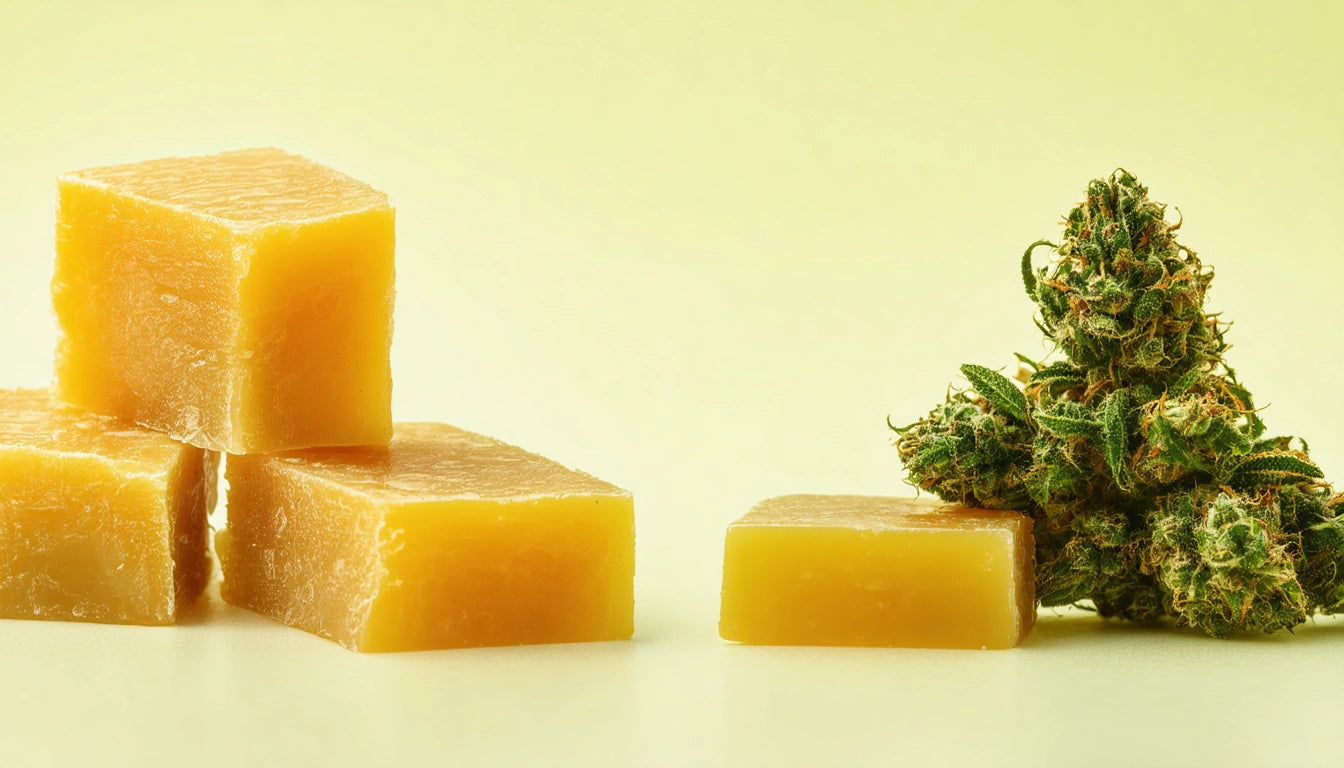Table of Contents
- Recreational Cannabis in Illinois: Basic Framework
- Possession Limits: How Much Weed Can You Have in Illinois
- Growing Regulations: Can You Grow Weed in Illinois?
- Medical Cannabis Cultivation Rights in Illinois
- Illinois Marijuana Tax Revenue: Where Does It Go?
- Penalties for Unauthorized Cultivation in Illinois
- The Future of Illinois Cannabis Laws: Potential Changes
Understanding Cannabis Laws in Illinois: Growth, Possession, and Regulations
Illinois made history in 2020 by becoming the first state to legalize recreational marijuana through legislative action rather than by ballot initiative. This comprehensive approach created a structured regulatory framework that addresses possession limits, cultivation rights, and tax revenue allocation. Whether you're wondering if you can grow weed in Illinois or how much cannabis you can legally possess, this guide covers the essential regulations.
Recreational Cannabis in Illinois: Basic Framework
The Cannabis Regulation and Tax Act, which took effect on January 1, 2020, legalized recreational marijuana for adults 21 and older in Illinois. This legislation established clear guidelines for public use and regulations while creating one of the most equity-focused cannabis markets in the country.
Under this framework, Illinois residents can purchase and possess cannabis products from licensed dispensaries, but there are important limitations regarding where consumption can occur and how much one can possess.
Possession Limits: How Much Weed Can You Have in Illinois
For Illinois residents 21 and older, the legal possession limits are:
- 30 grams of cannabis flower
- 5 grams of cannabis concentrate
- 500 milligrams of THC in cannabis-infused products
Non-residents can legally possess half these amounts. These limits represent how much weed you can carry in Illinois at any given time. Exceeding these amounts can result in penalties, even for legal consumers.
It's important to note that these possession limits are cumulative, meaning your combined possession across categories must not exceed the statutory limits. Understanding these legal limits is crucial for compliance.
Growing Regulations: Can You Grow Weed in Illinois?
The question "can you grow marijuana in Illinois" has a straightforward answer for recreational users: no. Illinois law prohibits home cultivation for recreational purposes. Unlike some other states with legal recreational cannabis, Illinois does not permit any home growing without proper medical authorization.
This means that if you're wondering "can I grow weed in Illinois" as a recreational user, the answer is definitively negative. Attempting to grow cannabis without proper medical patient status is illegal and carries significant penalties.
Highlight: While recreational users cannot grow cannabis at home in Illinois, registered medical marijuana patients have limited cultivation rights, allowing up to five plants per household regardless of the number of qualifying patients residing there.
Medical Cannabis Cultivation Rights in Illinois
Registered medical cannabis patients in Illinois have different rules regarding home cultivation. If you're a registered patient wondering how many marijuana plants can you grow in Illinois, the answer is five mature plants per household (not per patient).
To legally grow cannabis as a medical patient, you must:
- Be 21 years or older
- Have a valid medical cannabis registration card
- Keep plants in an enclosed, locked space
- Grow plants out of public view
- Take reasonable precautions to prevent unauthorized access
The five-plant limit applies per household, not per patient. This means that even if multiple qualified patients live together, the household is still limited to five plants total. When setting up a cultivation space, many patients invest in proper growing and processing equipment to maximize yield from their limited plant count.
Purchasing Limits in Illinois
If you're wondering how much weed you can buy in Illinois, the purchase limits mirror the possession limits: 30 grams of flower, 5 grams of concentrate, or 500mg of THC in infused products for residents. These limits apply to a single transaction, but dispensaries track purchases through a state database to prevent exceeding possession limits through multiple transactions.
Illinois Marijuana Tax Revenue: Where Does It Go?
Many residents wonder about Illinois marijuana tax revenue and where it goes. The state imposes substantial taxes on cannabis sales:
- 7% cultivation tax at wholesale level
- 10-25% retail excise tax based on THC content
- 6.25% state sales tax
- Up to 3.5% local municipal tax
This tax revenue is allocated to several areas:
- 35% to the General Revenue Fund
- 25% to the Restore, Reinvest, and Renew (R3) Program for communities impacted by the war on drugs
- 20% to mental health services and substance abuse programs
- 10% to pay unpaid bills
- 8% to local law enforcement
- 2% to public education and safety campaigns
In the first full fiscal year after legalization, Illinois generated over $175 million in tax revenue from cannabis sales, exceeding projections and providing substantial funding for community reinvestment programs.
Penalties for Unauthorized Cultivation in Illinois
If you're considering whether you can grow weed in Illinois without a license, be aware that unauthorized cultivation carries significant penalties:
- 1-5 plants: Civil violation with $200 fine (first offense)
- 5-20 plants: Class 4 felony (1-3 years imprisonment, up to $25,000 fine)
- 20-50 plants: Class 3 felony (2-5 years imprisonment, up to $25,000 fine)
- 50+ plants: Class 2 felony (3-7 years imprisonment, up to $100,000 fine)
These penalties make unauthorized cultivation a significant risk, especially compared to the relatively minor penalties for possession of small amounts, which has been decriminalized in the state.
The Future of Illinois Cannabis Laws: Potential Changes
Illinois continues to evaluate and adjust its cannabis regulations. There have been ongoing discussions about potentially expanding home cultivation rights to recreational users, similar to other states where home growing is permitted.
Advocates argue that allowing limited home cultivation for all adults would reduce the burden on the retail market and provide more affordable access. However, opposition from established industry players and concerns about regulation have thus far prevented these changes.
As the market matures and Illinois observes the impact of home cultivation in neighboring states like Michigan, there may be reconsideration of the current prohibition. For now, only registered medical patients can legally grow cannabis at home in Illinois, and all others must purchase from licensed dispensaries.
Understanding these regulations is essential for both medical and recreational users to ensure compliance with Illinois law while enjoying legal access to cannabis products.











Leave a comment
All comments are moderated before being published.
This site is protected by hCaptcha and the hCaptcha Privacy Policy and Terms of Service apply.